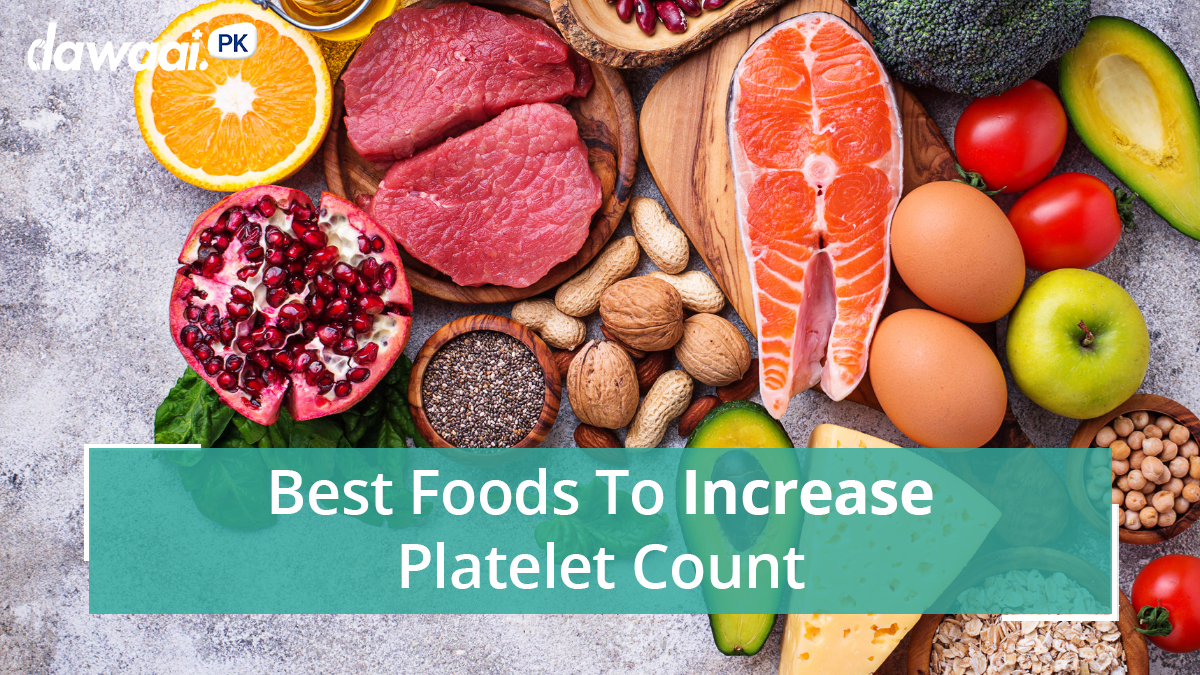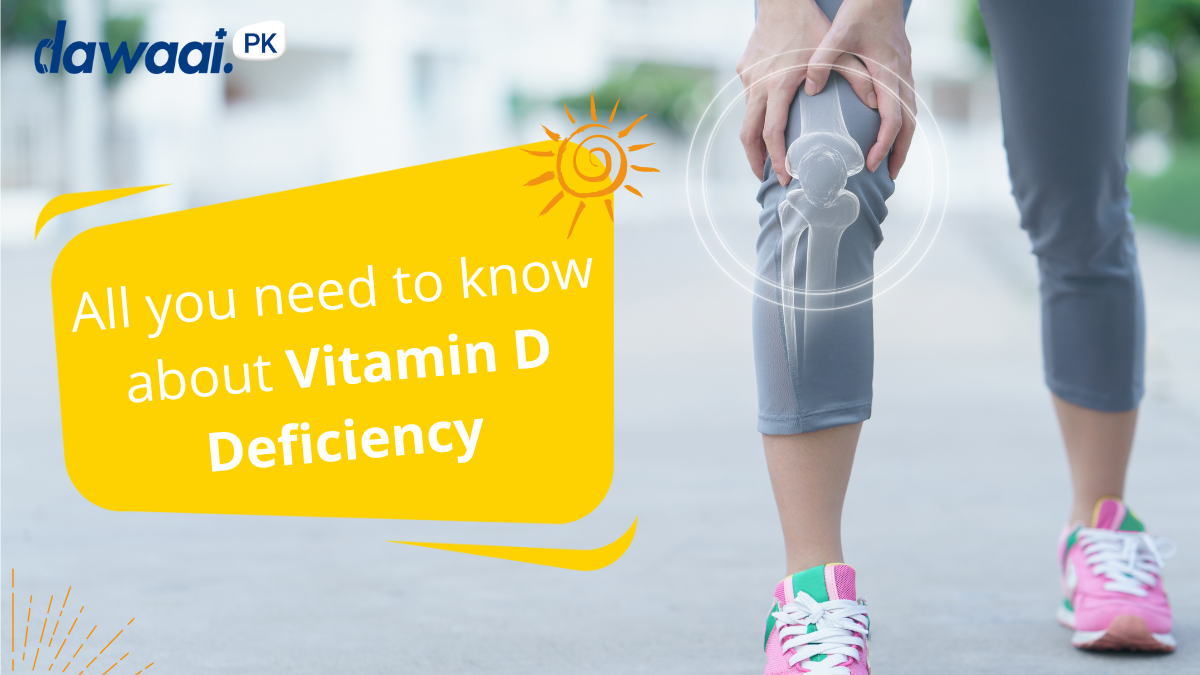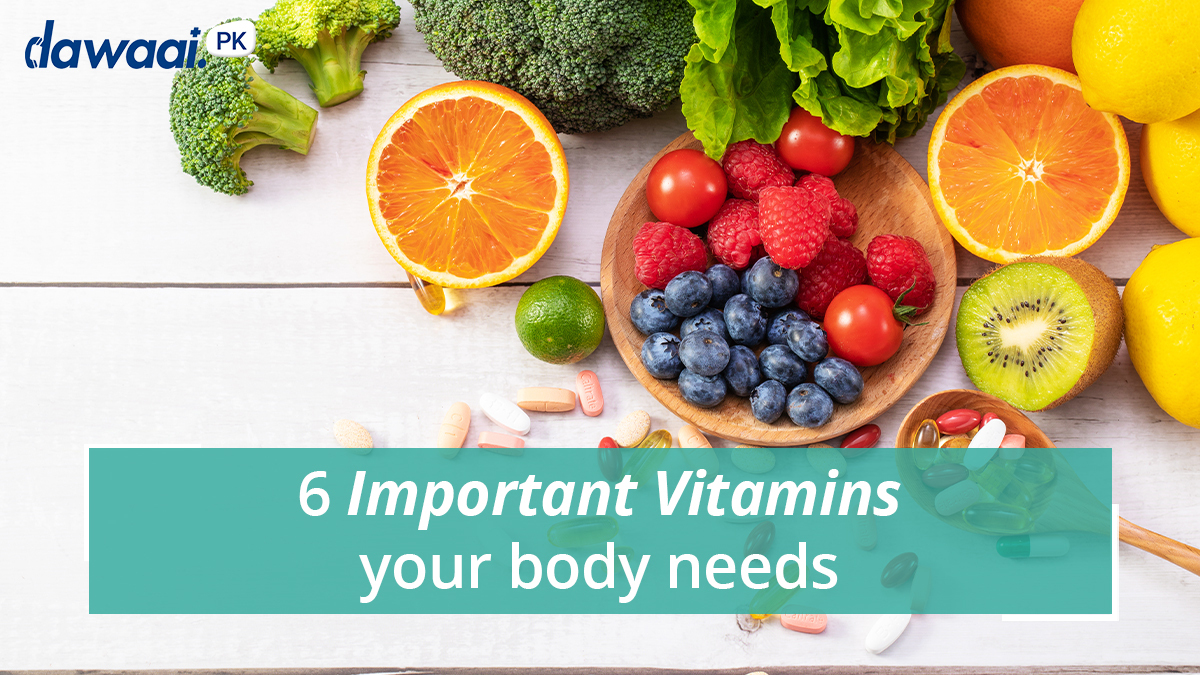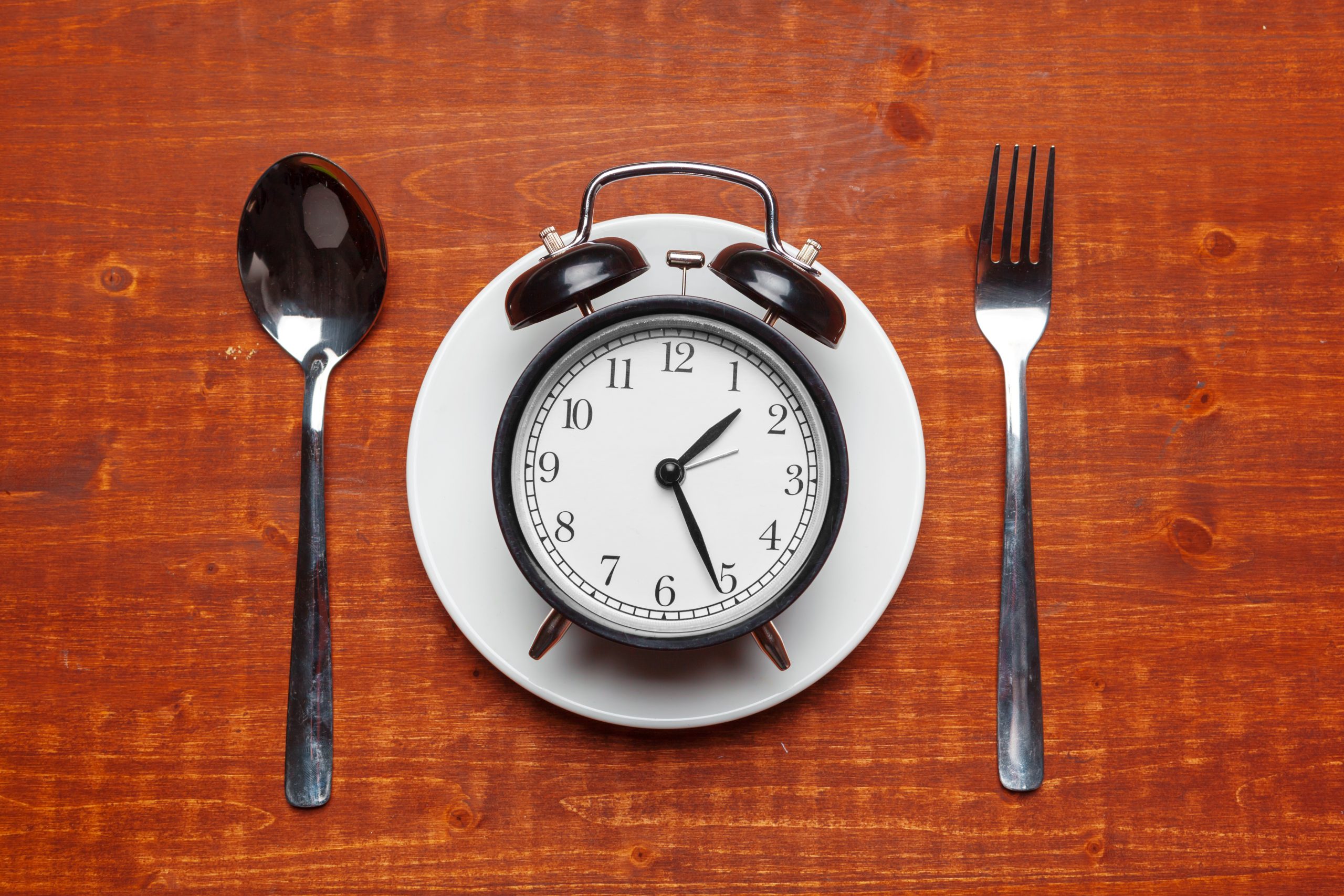Ramadan is halfway done and we’re still not bored with eating Pakoray and Samosay for Iftar. Who would be? They’re delicious. Mom made your favorite chicken sticks, dad got those special Jalebis and your grandmother made her famous Kachoris. While you gobble all of this down in 10 minutes, you don’t realize that these delicious little devils have unhealthy amounts of oil in them, which if consumed on a daily basis, are more harmful than the regular meals we have the rest of the year.
What causes these cravings?
It’s a multitude of things. For us Muslims, Ramadan is a special month of patience, spirituality and Iftar splurges. We don’t really think about the health consequences given the spirit of this Holy month. Because we fast all day and become extremely hungry due to the long summer fasts, our mind only sees the food and not the consequences. Furthermore, we think that because we don’t eat all day, it’s our opinion that having calorie filled food won’t harm us because we really didn’t have anything all day.
Should we give in to these cravings?
It’s okay to have high-fat food once or twice a week, maybe even three times because well, Ramadan is special. However, on the remaining days of the week, trying healthier alternatives like grilled/baked chicken or fish, a bowl of Cholay or a good amount of fruits for Iftar is a better idea. Another good idea would be to space out your meals by not binging on Iftar but eating a little bit and then having a regular meal with bread/roti after an hour. This will keep your stomach thinking that it’s full.
Water is your best friend!
Another thing we don’t think about is what we drink. Having 2 or more big glasses of red-syrup drink harms us equally or more than all that oil does. It contains nothing but sugar, artificial color, and flavor. The best option is to drink water. This does not mean drinking 6 glasses at Sehri, but drinking little amounts throughout the allowed hours. However, if you’re really craving some flavored drink that will satisfy your sweet cravings as well, then go for fresh juices. Summer in Pakistan comes with a wide range of fruits that we can use for juices and smoothies.
Eat Clean, Not Less!
Time flies faster than we think it does. Beginning from the day of Eid, we resume our normal routines of eating whenever our heart wills. So in the month of Ramadan, we should sympathize with our bodies and try hard to control our cravings and focus more on eating clean and not eating less. After all, we do have to look good in those expensive Eid joras which won’t happen if we use this month to gain a few pounds rather than losing some. For now, let’s test our sabr by looking at some tantalizing pictures of Pakistan’s famous cuisine.







